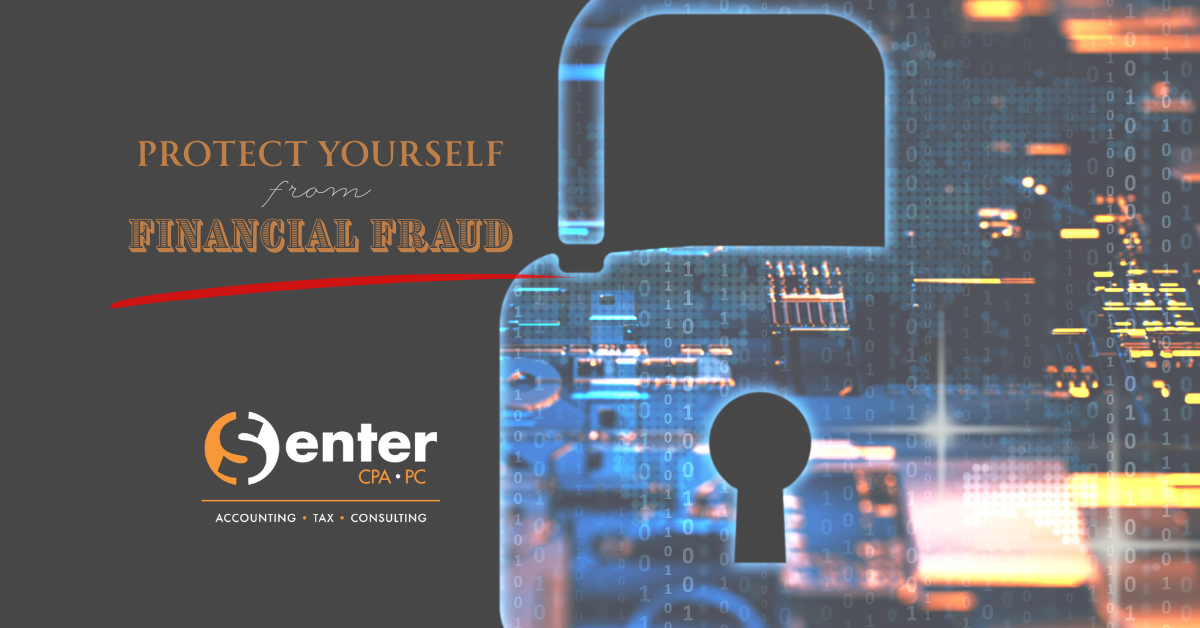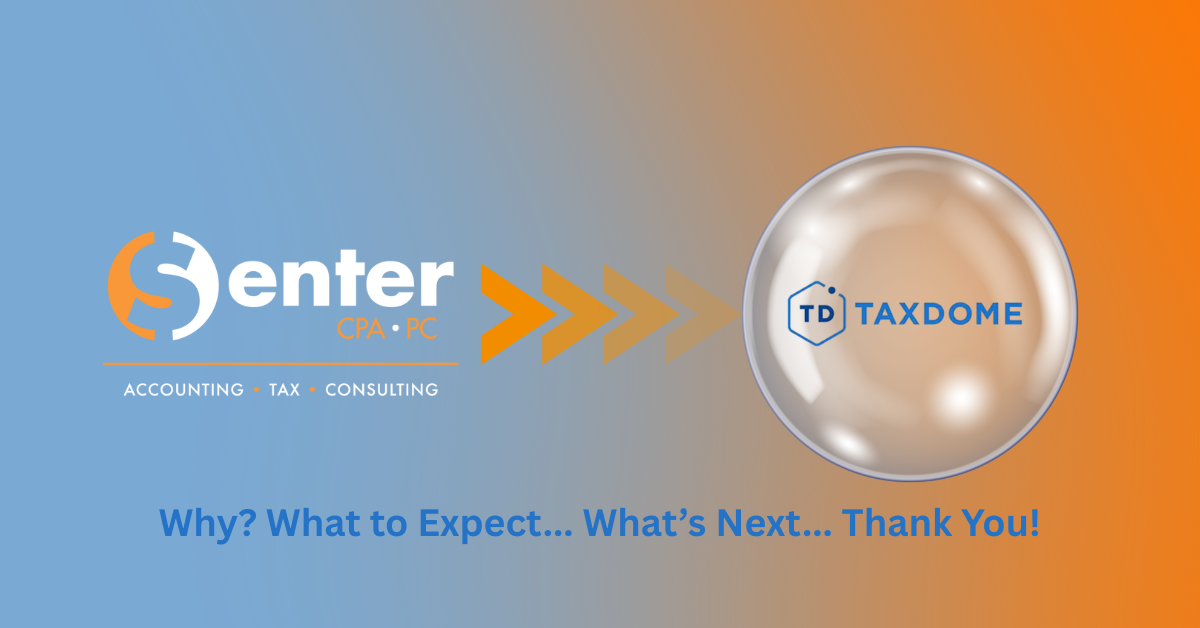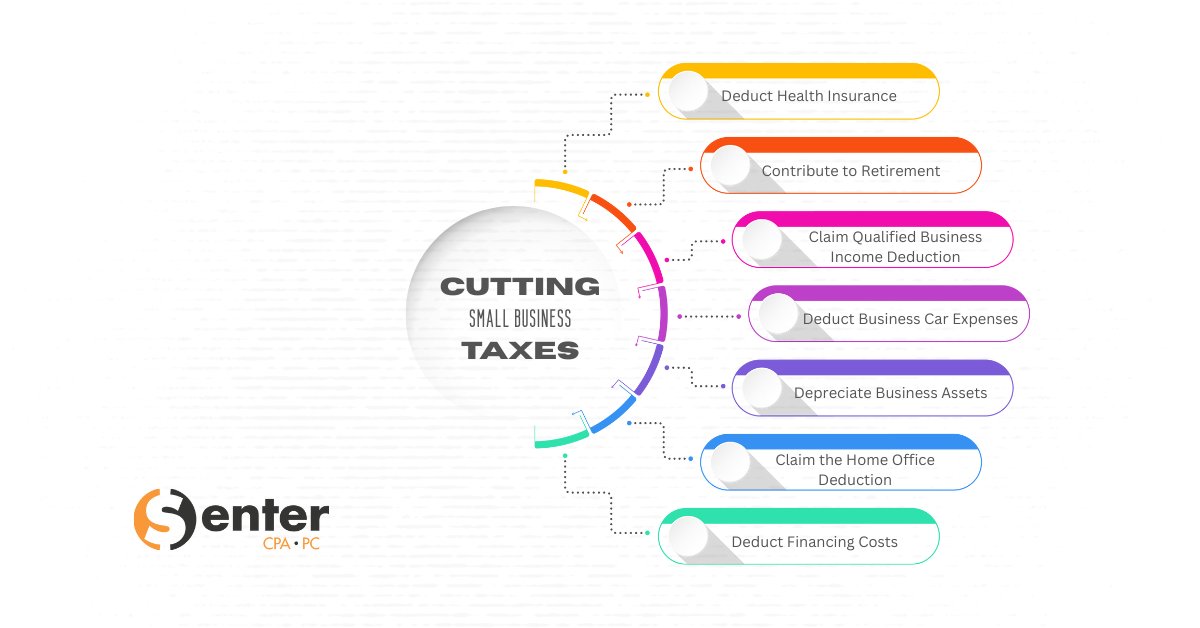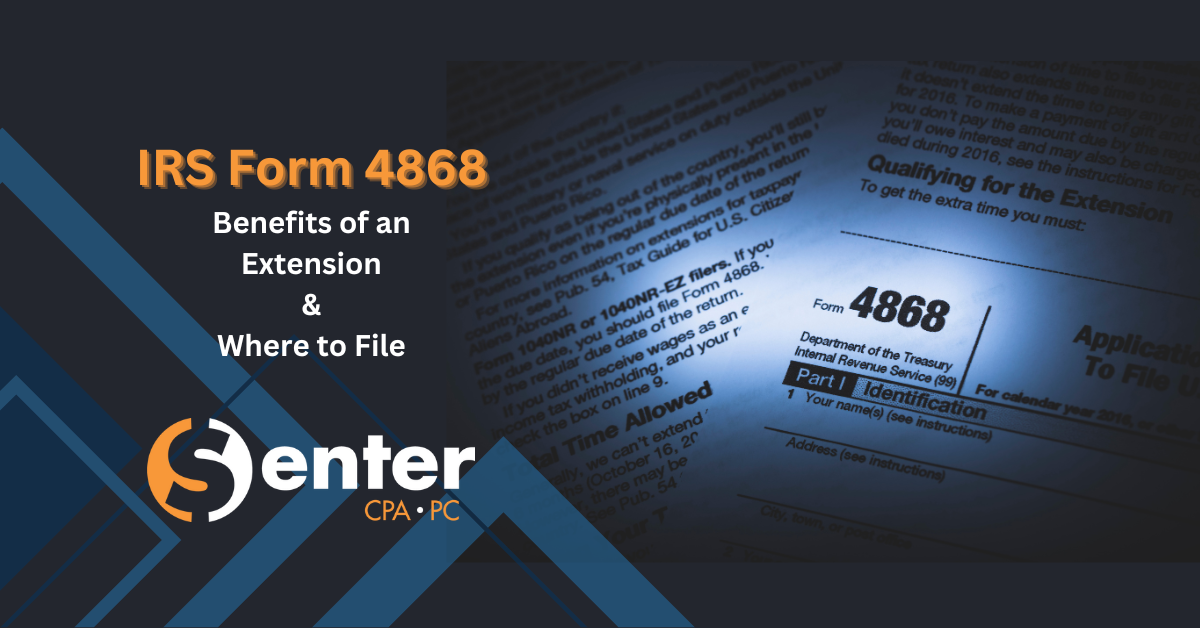I’d be willing to bet that most small business owners don’t wake everyday excited and ready to conquer their books. Perhaps, if you’re like most entrepreneurs, balancing your business accounts is often ignored and becomes a sensitive subject, a stressor. And yet, tracking business expenses is an imperative part of any well-run organization. It’s crucial to have a firm understanding of cash flow, potential tax deductions and overall performance within your company. In this post, we will review five strategies that will simplify and empower the daunting task of business expenses. Come tax time, you’ll be so relaxed knowing your receipts are organized and your monthly expenses are in good shape.
Open Business Financial Accounts: Open financial accounts that are specific to your business so that related expenses are crystal clear. Then put all of your business income directly into a business account. Most popular business account registrations are:
- Business checking account
- Business interest bearing savings account
- Credit card(s)
- Money market account
Manage Receipts Properly: When you get receipts for business-related purchases try organizing them in a file by month and year. It’s helpful to write on your receipt(s) what the purpose of the purchase or expense was for, whether it be office supplies, fees, rent or gas. Additionally, businesses can claim mileage as a deduction on their taxes, so make sure to track your mileage if you use a vehicle for business purposes by maintaining a company calendar. Your calendar will effectively state where you went and when, making mileage and date of mileage very clear.
Remember, the IRS requires small business owners to keep their paper receipts, as well as any other supporting documentation, like bank statements.
Record Expenses Throughout The Day: Become financially aware and improve your money management skills by recording your business expenses daily. You will quickly learn how profitable your company is by examining revenue and spending. Just think, each time you include a business expense in your records, you’re putting money back into your own pocket come tax season.
Accounting Software: Search for affordable accounting software that allows you to manage your business income and expenses in one place. Your software should provide organization for business receipts, feeds for business bank accounts and credit cards, along with the ability to generate invoices and reconcile accounts.
Hire a CPA: How do you know when to hire a CPA? Is your company growing rapidly and you need help tracking all your expenses? Or is bookkeeping taking you away from more important tasks? Accountants can spend a few hours each month or quarter going through your income and expenses, while tracking them in their accounting software. An accountant may even help you save money annually, because you’ll be able to make small business deductions by keeping proper records, in effect negating the fees for services. Not to mention the additional revenue dollars you’ll bring in putting your valuable time to good use and allowing the experts save you time and money.
Tracking business expenses can be a ton of work, but it is a must for businesses, no matter the size, to thrive. Please feel free to contact us at (248) 934-0550 if you would like to learn more about the services we offer for entrepreneurs, small businesses and corporations. We are here and we are honored to help.














